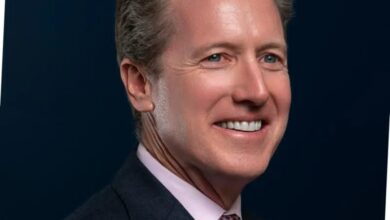
By Edu Abade
No fewer than 68 countries have made commitments to curtail illicit trade in tobacco products with a view to eliminating tobacco-induced diseases and deaths, as well as to achieve the ultimate goal of improving the public health in their domains.
The 68 world governments just concluded a meeting of the Protocol to Eliminate Illicit Trade in Tobacco Products (MOP3) during negotiations in Panama immediately following the World Health Organisation Framework Convention on Tobacco Control (WHO-FCTC) in a separate, but related treaty.
They maintained that curtailing the black market is essential for protecting youth and other vulnerable populations from easily accessing tobacco products, adding that typically, illicit tobacco products are cheaper since they avoid country and state tobacco taxes.
A representative of Corporate Accountability, Renée Slajda, said in their resolve to stem the menace of illicit trade in tobacco products globally, the countries also argued that the thriving illicit markets undermine tobacco control measures such as sales restrictions and health warnings-all to the benefit of the tobacco industry.
On his part, Head of the Secretariat, WHO-FCTC, Dr. Adriana Blanco Marquizo, maintained that the tobacco industry claims to fight illicit trade, but it actually profits maximally from it, adding: “Implementing the Protocol generates substantial funds for the Parties, as it safeguards important tax revenues that could be utilized by governments to finance sustainable development in their individual countries.”
The countries lamented that in spite of clear evidences that tobacco corporations facilitate illicit trade, the industry blames the problem on tobacco control measures and their champions, adding that in the lead-up to negotiations, Big Tobacco and its allies launched a number of attacks on Panama in an attempt to discredit the host nation.
Also speaking on their resolve to stop the illicit trade in tobacco products, Tobacco Campaign Director at Corporate Accountability, Daniel Dorado, said: “Everything tobacco corporations do is to protect their profits, including feigning concerns about the black market, while actually contributing to its growth.
“We cannot allow the tobacco industry to derail sensible public health policies. We need more countries to join the treaty against illicit trade and we need to safeguard it from industry interference and other commercial vested interests.”
Two of the six WHO regions, representing more than half the parties to the Protocol, made statements that they had submitted declarations of conflicts of interest with the tobacco industry as part of a decision to maximise transparency and accountability.










